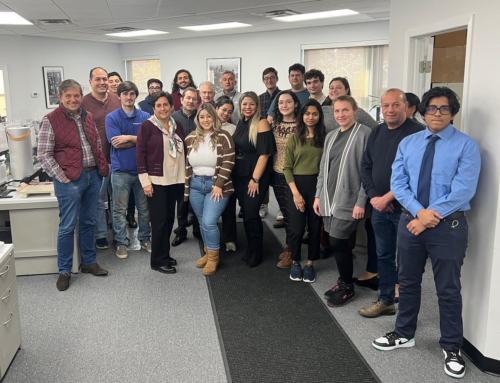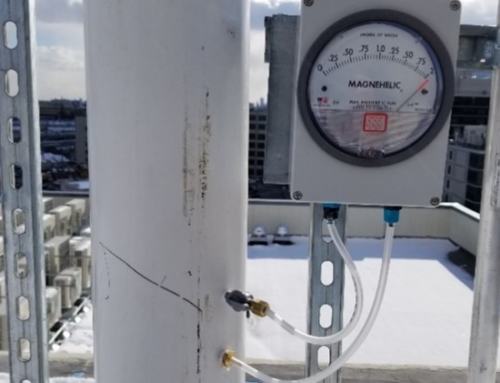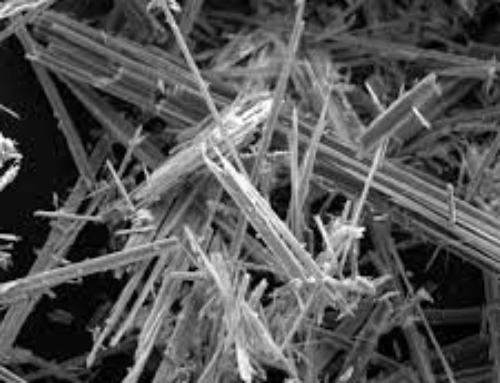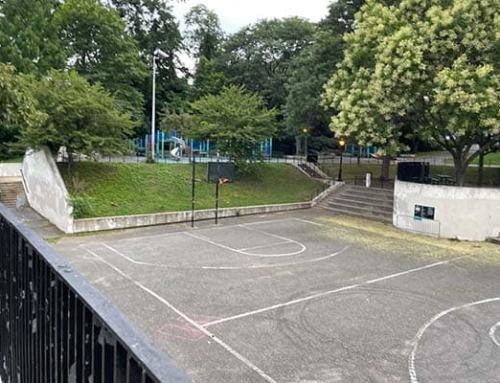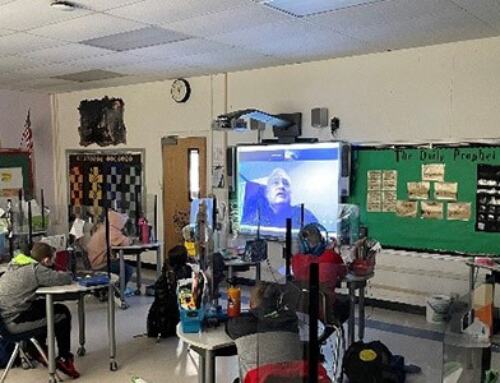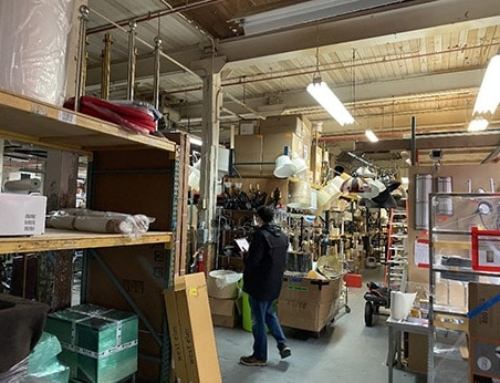Athenica Remains Active During COVID-19 Pandemic
First and most importantly, all of us at Athenica hope that this newsletter finds you and your loved ones healthy and safe during these challenging and trying times! We are open and continue to assist our clients with their projects in New York City and the surrounding area. However, as with many firms, our staff is mostly working remotely with only a nominal office presence, to minimize the potential for spreading the virus and the associated risk to our employees and the public.
Several of our projects were designated as essential, and received waivers from the New York State construction moratorium, allowing the sampling/risk assessment and environmental remedial construction activities associated with these projects to continue. During all field activities, the safety of Athenica’s staff, site workers and occupants, and the surrounding community is paramount. As a result, our field and sampling professionals are careful to properly utilize all appropriate protective equipment (masks, gloves, etc.) at all times, and to practice social distancing to the maximum extent possible, in accordance with state and local requirements. In addition, as future conditions remain unknown, please be assured that we will continue to make every effort to implement applicable and appropriate protective measures for your project, to minimize risks.
Please contact us to discuss how we can assist to address your environmental issues. We are here to help you, both during this period of pandemic-driven constraints and once the current restrictions are eased or lifted.

On April 22, 1970, the first Earth Day was held in the United States. Over the past 50 years, we have learned a lot about how humans interact with our environment, and while there are still significant challenges, most people would say that we have made great strides in environmental protection.
To mark the 50th anniversary of the initial Earth Day, Smithsonian Magazine asked its affiliated professionals to identify 50 things that we know now that were unknown in 1970. Several of the most interesting of these revelations include:
• Feedlot cattle increase methane emissions.
• Plastics are not as complete a solution as we once thought.
• Endangered species and threatened habitats can be saved.
• “Space Weather” can affect life on Earth.
• A successful campaign to stop littering showed that change can happen.
• Wetlands are unique ecosystems that need to be protected.
• Cross-cultural solutions can off concrete benefits.
• Renewable energy can be cheaper than fossil fuels.
The full article can be found at Smithsonian Magazine.
All of us at Athenica look forward to continue assisting you with all of your environmental needs.



